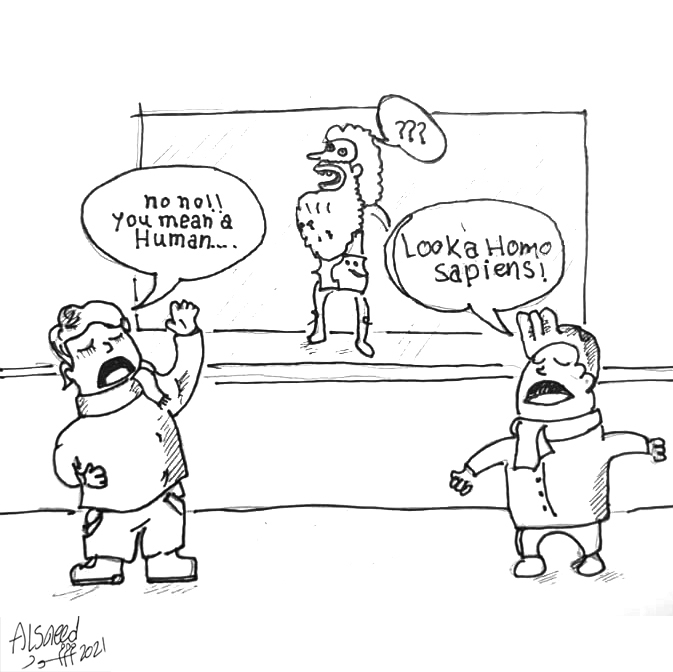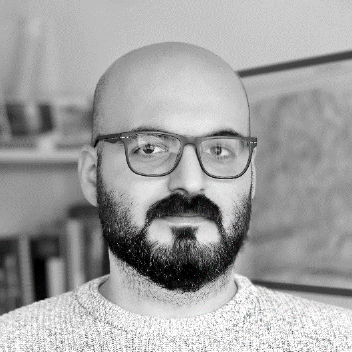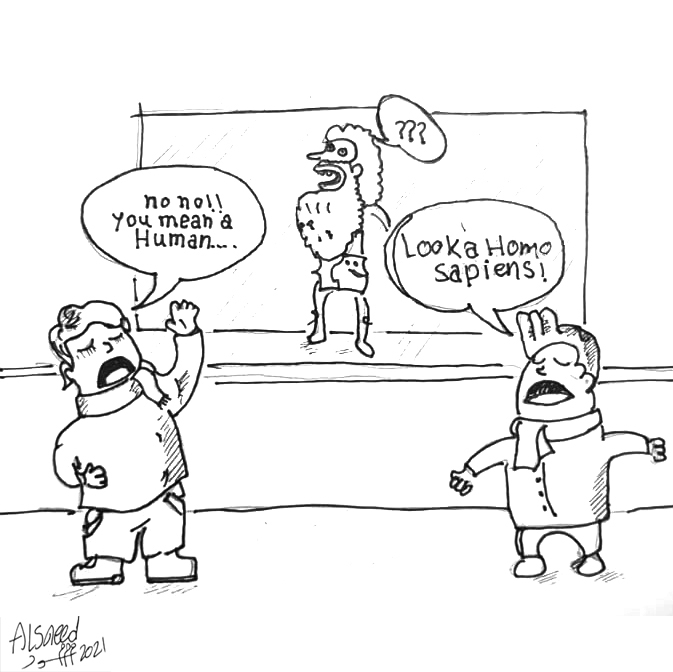Polyglot researcher
Posted on 30-08-2021
"Clean up concepts, don't leave them in the soft language of ideology." François Jullien, 2017
While working on a collaborative project between the PACT laboratory in France and Michigan University in the United States, I realized that a word doesn’t necessarily have the same meaning in different languages. Worse still, it can mean the opposite, leading to a serious misunderstanding. For example, there is a fundamental difference between the definitions of urban structure in France and the United States. Some terms don’t even exist in the language of one country or the other – despite them sharing the same roots and source.
“A successful researcher must possess the ability to comprehend, dismantle and explain complex ideas.” A researcher’s skills extend beyond processes and scientific dialogues. A researcher must engage with everyone, regardless of their background. Comprehending the meanings of terms in other languages and their own is a vital skill for any researcher. They must know the etymology, differences in definitions, and the origin of the terms. Seeing beyond the obvious meaning is an acquired skill that takes time to hone
Goodwill is not enough
"A false but clear and precise idea will always have more power in the world than a true but complex one." Alexis de Tocqueville, 1835
Research is performed by using systematic methods to achieve specific goals and improve our lives. Maintaining trust in the good intentions of research is essential, but it is clear that many researchers today fail to touch people’s lives. Therefore, their work must be considered a failure, even if it achieves its academic objectives.
Have you ever wondered why people don’t enjoy hearing a scientist explain an important topic, such as the impact of climate change or the dangers of desertification? Most scientists use sophisticated and specialist language, with an abundance of facts and dry statistics. As these are difficult to understand, the speakers don’t capture the imagination of the audience.
Meanwhile, a YouTuber with a business degree may succeed in explaining the most complicated aspects of quantum physics and get millions of views in less than a month. (Funnily enough, I only understood the origin of dark matter after watching a 13-year-old YouTuber explaining it.) However, a highly trained and educated physicist might not manage to convince even 20 people to attend their lecture.
It’s not only the visual attraction or presentation techniques that draw people in. It’s also the type of language used, the speaker’s ability to convey meaning clearly and with simple terminology, and the vital skill of being a polyglot researcher in an era when language could either drive us apart or bring us closer together.
In the end, we must keep in mind that thinking from multi-dimensional perspectives is beneficial not only for research but also for life. What you believe to be absolute may change, and accepting those differences is the key to success. We must familiarize ourselves with terminology in related fields, too, as transdisciplinary research is the new norm. And using dictionaries is not old-fashioned!
Watch this (The Power of Words)
Read this (Planning language, planning identity…)
Think about this: (What does the word suburbs mean in English? And what does périurbain mean in French?)



